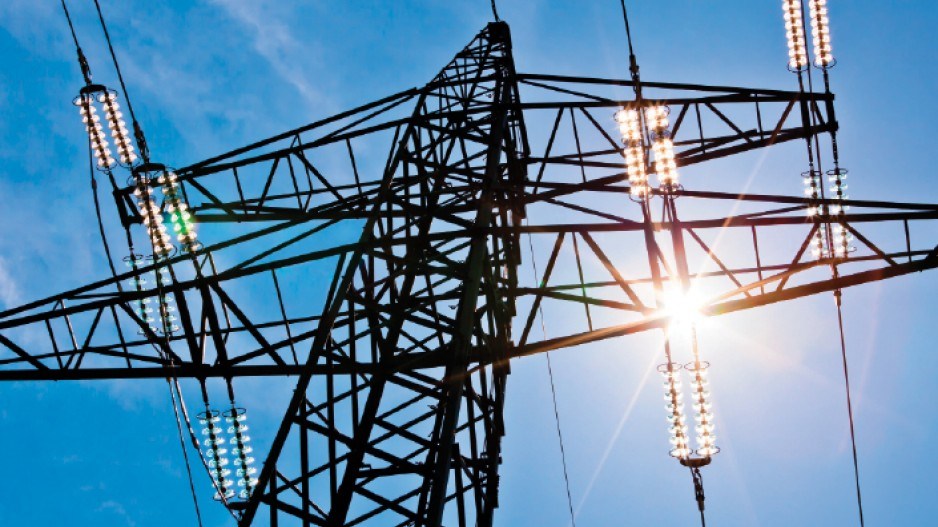Is the BC Hydro rate increase big enough?
This might seem a strange question to ask when recent headlines have been screaming about a $300 increase in hydro bills for a typical household, but let’s put this in perspective. That increase is spread over the next five or six years, so it comes to about a dollar a week – not even parking meter change for those who drive a car in a city. Hydro rates are still cheaper in Vancouver than in just about any other city in North America, Montreal and Winnipeg being the exceptions.
Why should electricity rates be even higher? As anyone who has ever tried to maintain a household or run a business knows, your income has to exceed your outgo or your upkeep will be your downfall. At current rates and even with the projected increases, BC Hydro revenue is not covering its costs, especially the long-term capital costs for maintenance and infrastructure development needed to ensure that we have an adequate and reliable power supply into the future.
BC Hydro has been going into debt to cover its capital costs and will continue to do so after the projected price increases. It is already in debt to the tune of $14 billion. Even though the government has said that the debt will be reduced over the course of its 10-year plan, the numbers show it growing to $20 billion before falling to $17 billion ($3 billion higher than now) at the end of the decade. And that says nothing about interest payments. BC Hydro, that is B.C. ratepayers, has to pay interest on those billions of dollars of debt. It is a significant amount now. Has anyone calculated the interest costs should rates go up?
How did BC Hydro get into its present predicament? The problem arises when business and politics mix and is endemic among Crown corporations and other government-controlled operations. A basic analysis of both short-term costs and longer-term capital needs will indicate the minimum price at which a product has to be sold for a business to be viable.
In the private sector, failing to set prices high enough will put the company out of business. Once government is involved and sees the customers as voters, politics tends to trump good business practice. The temptation is to keep the voters happy now by keeping prices unrealistically low. If that leads to growing debt, crumbling infrastructure and maybe even the risk of bankruptcy, that can be taken care of later. We won’t worry about it now.
Just as governments do not want to raise prices charged to voters, they also do not want to make voters unhappy by imposing taxes, even though all governments have become very good at taxing. So governments seek ways other than direct tax increases to get the revenue they need. The B.C. government has been collecting “dividends’” from its BC Hydro Crown corporation. For most organizations, dividends are paid only after all other expenses have been met and the company is profitable. Because BC Hydro is deeply in debt, the so-called dividends are really a tax levied on the corporation. The government is planning to collect less from BC Hydro in this way over time, but we are still talking billions of dollars.
It is easy to say that this problem could have been solved had hydro rates been allowed to rise steadily and manageably in the past. A system to build in required increases and to allow more flexibility is needed. The plan just put into place may be too little and too late and is too loaded to the far end of its 10-year time frame. But it is still much better than no plan at all.
With advance notice, both households and businesses can cope with rising power prices, especially when they are still lower than in most other places. Markets work with prices as signals. As electricity costs rise over time, consumers and businesses can turn to natural gas and other power sources. Businesses and industries will work at finding ways to use electricity more efficiently. With hydro bills rising, all of us can remember to turn off our TVs, computers, etc. when not in use. A price rise might be better than any advertising campaign to help make us all Power Smart. •




